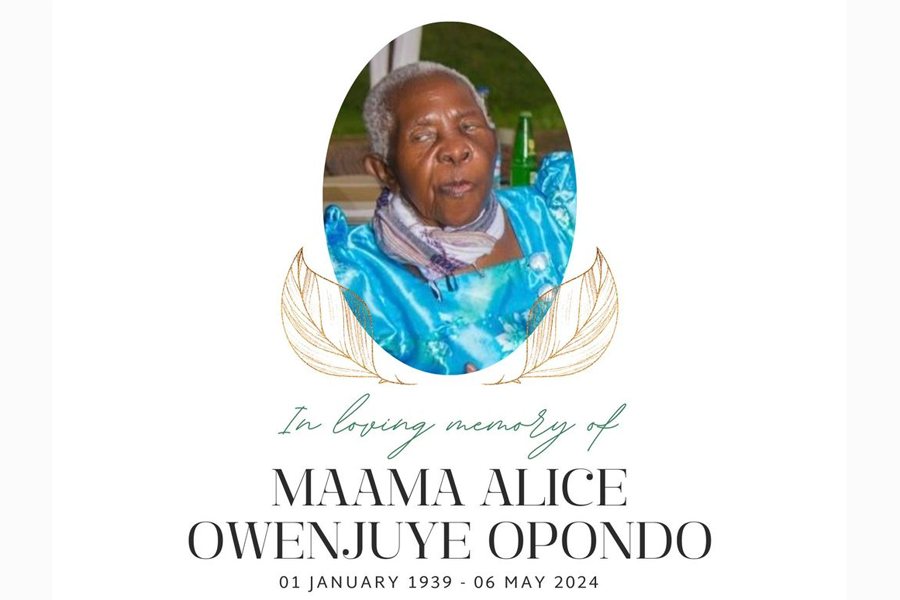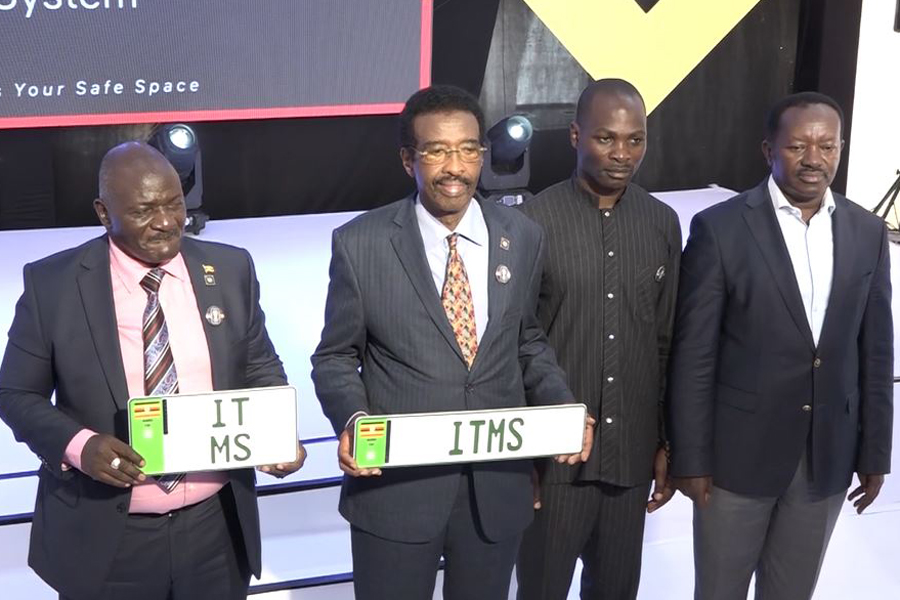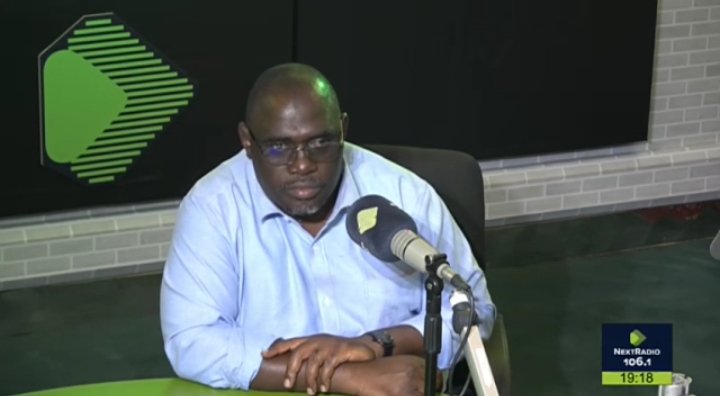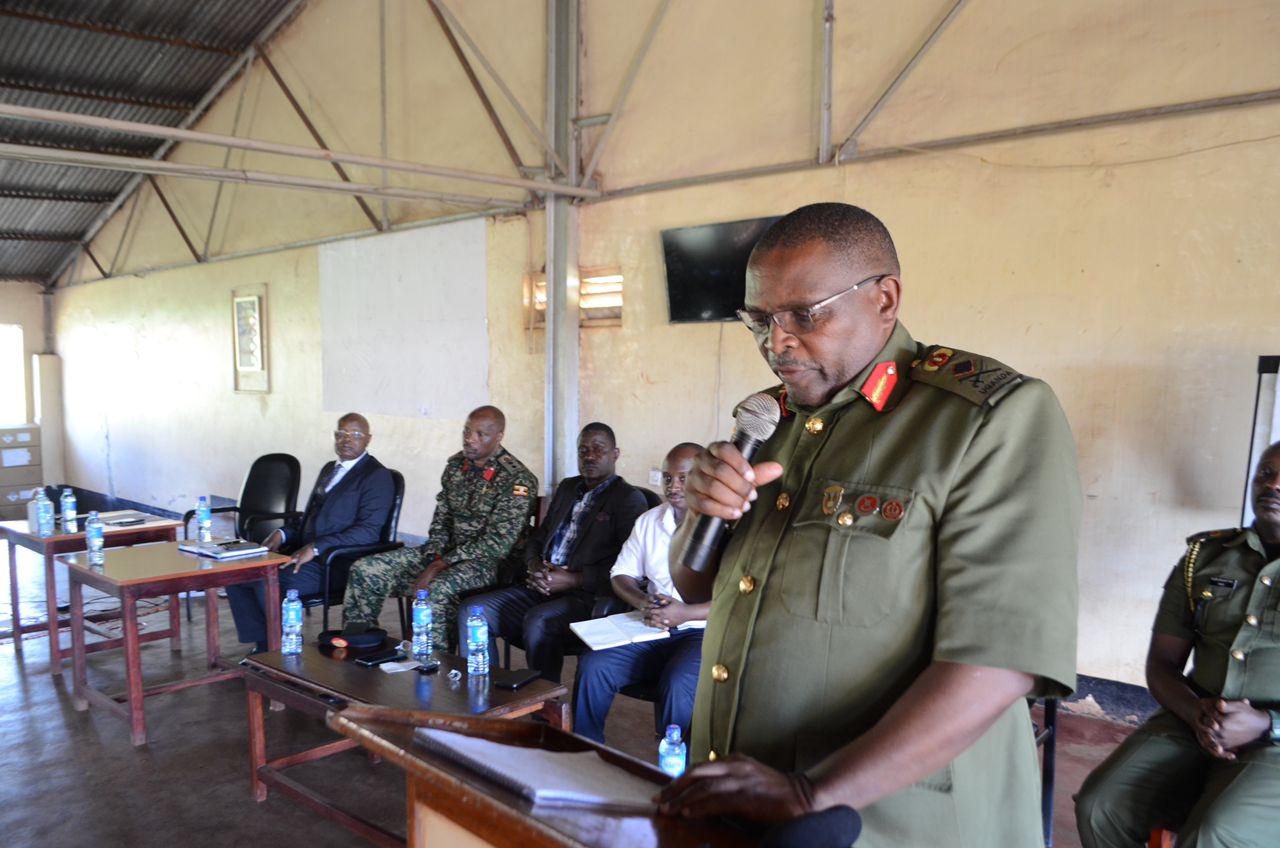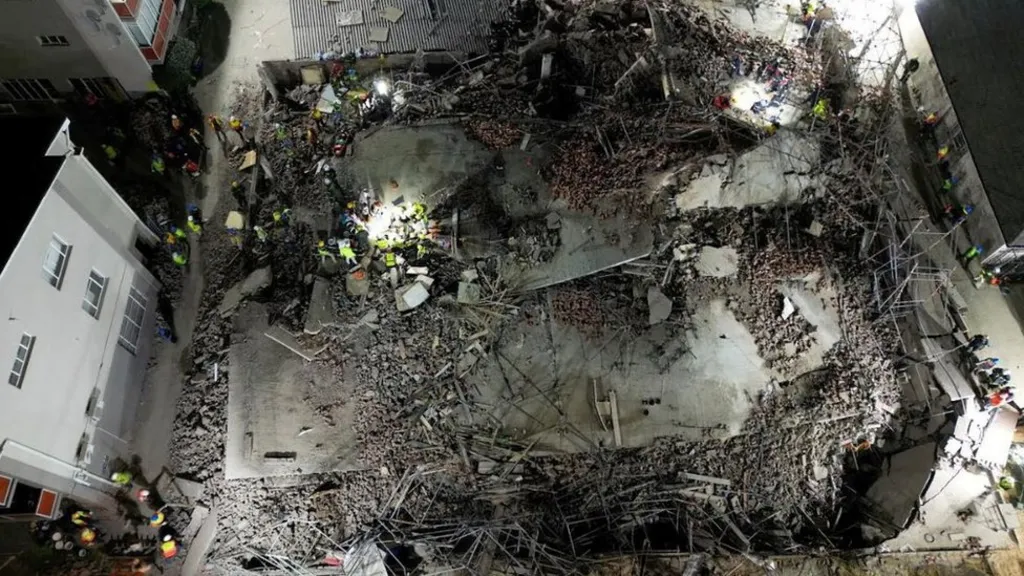What is the 'One China' policy?
What is the 'One China' policy?
Keep Reading
It is the diplomatic acknowledgement of China's position that there is only one Chinese government. Under the policy, the US recognises and has formal ties with China rather than the island of Taiwan, which China sees as a breakaway province to be reunified with the mainland one day.
The One China policy is a key cornerstone of Sino-US relations. It is also a fundamental bedrock of Chinese policy-making and diplomacy. However, it is distinct from the One China principle, whereby China insists Taiwan is an inalienable part of one China to be reunified one day.
The US policy is not an endorsement of Beijing's position and indeed as part of the policy, Washington maintains a "robust unofficial" relationship with Taiwan, including continued arms sales to the island so that it can defend itself.
Although Taiwan's government claims it is an independent country officially called the "Republic of China", any country that wants diplomatic relations with mainland China must break official ties with Taipei.
This has resulted in Taiwan's diplomatic isolation from the international community.
How did it come about?
The policy can be traced back to 1949 and the end of the Chinese civil war. The defeated Nationalists, also known as the Kuomintang, retreated to Taiwan and made it their seat of government while the victorious Communists began ruling the mainland as the People's Republic of China. Both sides said they represented all of China.
Since then China's ruling Communist Party has threatened to use force if Taiwan ever formally declares independence, but it has also pursued a softer diplomatic track with the island in recent years.
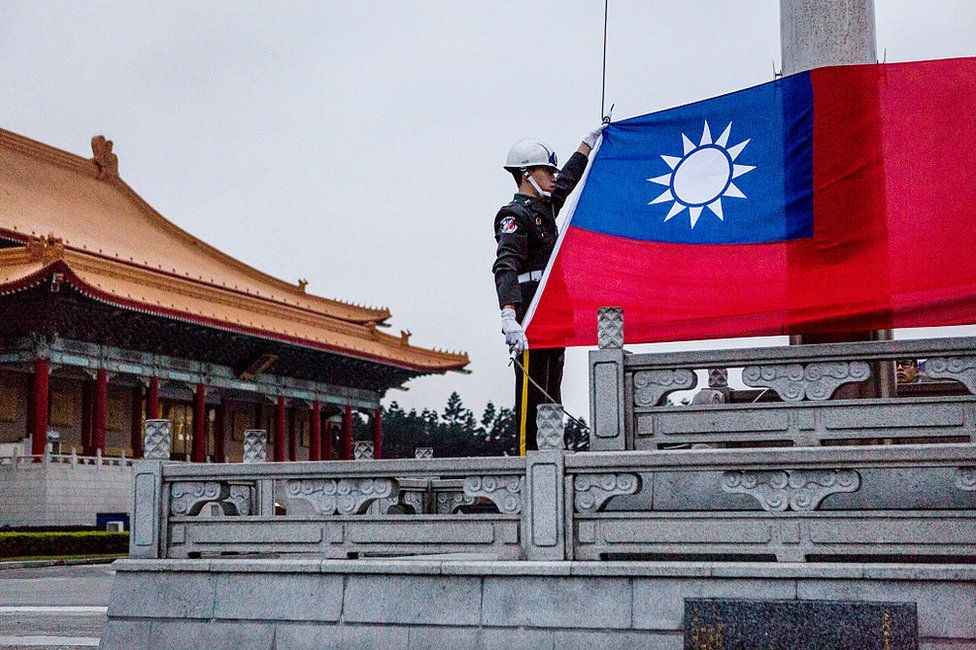
Initially, many governments including the US recognised Taiwan as they shied away from Communist China. But the diplomatic winds shifted as China and the United States saw a mutual need to develop relations beginning in the 1970s, with the US and other countries cutting ties with Taipei in favour of Beijing.
Many however still maintain informal relations with Taiwan through trade offices or cultural institutes, and the US remains Taiwan's most important security ally.
When did the US subscribe to it?
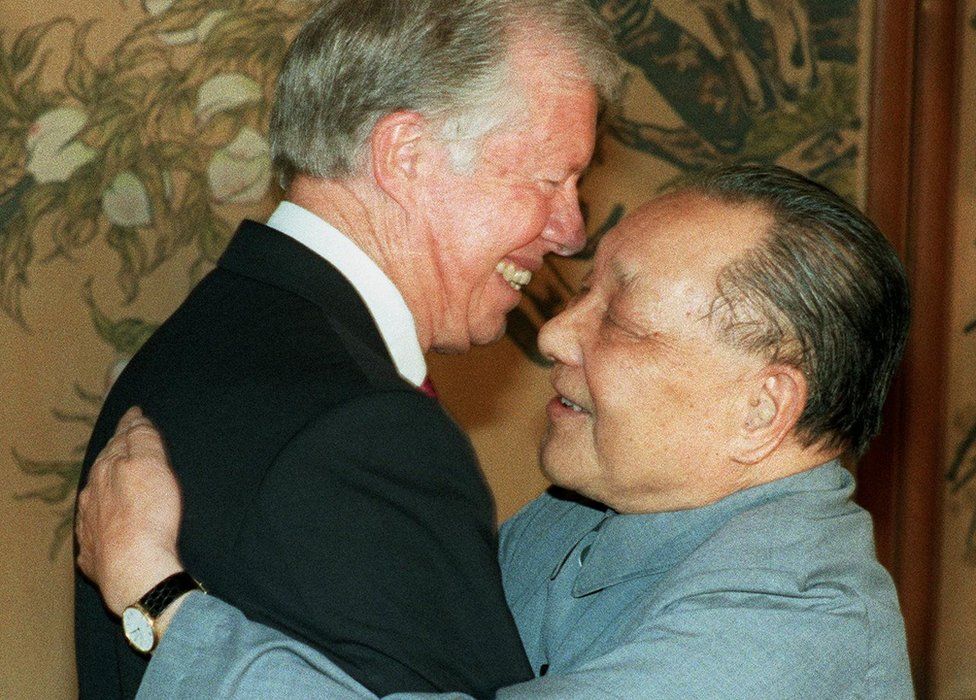
After years of warming relations, the US established formal diplomatic ties with Beijing in 1979 under President Jimmy Carter.
As a result the US had to sever ties with Taiwan and closed its Taipei embassy.
But that same year it also passed the Taiwan Relations Act, which guarantees support for the island. Crucially, this act states that the US must help Taiwan defend itself - which is why the US continues to sell arms to Taiwan. The US has also said it insists on the peaceful resolution of differences between the two sides and encourages both sides to pursue "constructive dialogue".
It maintains an unofficial presence in Taipei via the American Institute in Taiwan, a private corporation through which it carries out diplomatic activities.
Who are the winners and losers?
Beijing has obviously benefited the most from the policy, which has cast Taiwan out into the diplomatic wilderness.
Taiwan is not recognised as an independent country by much of the world nor even the United Nations. It undergoes extraordinary naming contortions just to participate in events and institutions like the Olympic Games and the World Trade Organization.
But even in its isolation, Taiwan has not entirely lost out.
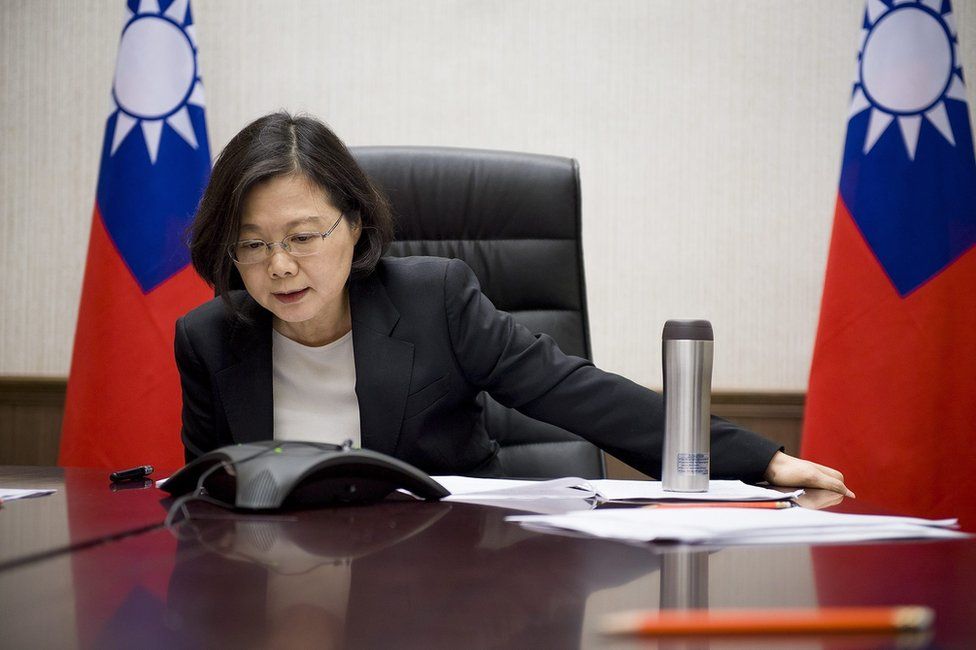
It maintains vibrant economic and cultural ties with neighbours, and leverages on its long-term emotional relationship with the US to extract concessions.
It employs a small group of powerful lobbyists in Washington DC including former senator Bob Dole, who US media reported helped to arrange contacts that culminated in a controversial phone call between Donald Trump and Taiwan's President Tsai Ing-wen.
As for the US, it can benefit from formal relations with China - its biggest foreign lender and a top trade partner - while quietly continuing to maintain strong ties with Taiwan.
The One China policy is a delicate balancing act that the US has perfected over the decades. How Washington can continue doing remains to be seen.
Source: BBC



